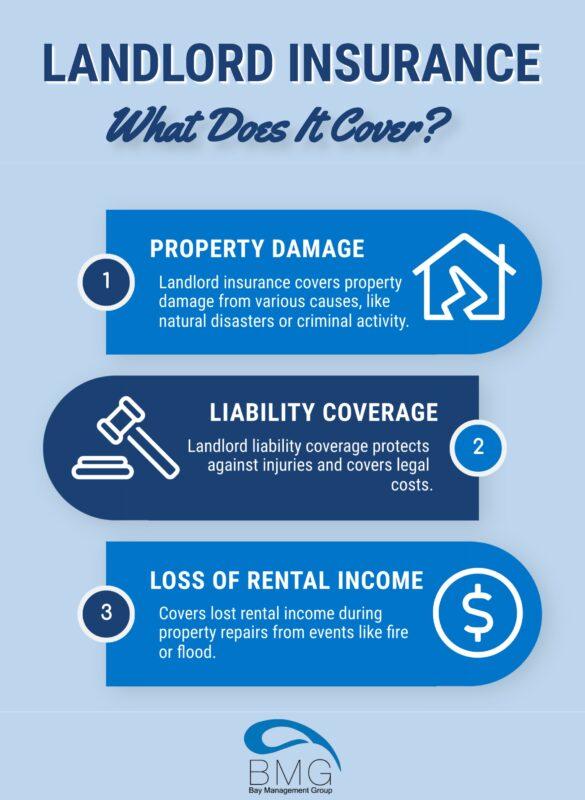When it comes to protecting your rental property, having the right insurance is key—but there’s one coverage that often flies under the radar: legal expenses coverage. If you’re a landlord, you know that disputes with tenants or unexpected legal issues can pop up when you least expect them. That’s where legal expenses coverage steps in, helping to cover the costs of legal fees and giving you peace of mind. In this article, we’ll dive into why legal expenses coverage is a must-have addition to your landlord insurance and how it can save you from a financial headache down the road. Whether you’re a seasoned property owner or just starting out, understanding this coverage could make all the difference.
Table of Contents
- Understanding Legal Expenses Coverage and Why It Matters for Landlords
- Common Legal Challenges Faced by Landlords and How Coverage Provides Peace of Mind
- What Legal Expenses Coverage Typically Includes and How to Choose the Right Plan
- Tips for Maximizing Your Landlord Insurance with Comprehensive Legal Protection
- Insights and Conclusions
Understanding Legal Expenses Coverage and Why It Matters for Landlords
For landlords, the unexpected can often feel like the norm, especially when it comes to disputes or legal challenges with tenants. Legal expenses coverage steps in as a financial safety net, helping cover the costs that arise from legal proceedings related to property management. This isn’t just about having peace of mind — it’s about protecting your investment from costly battles that could easily spiral out of control. From eviction notices to disputes over lease agreements, this coverage can manage the fees for lawyers, court costs, and even some settlement expenses.
Here’s why it’s so valuable for landlords:
- Cost Savings: Avoid depleting your reserves or emergency funds on sudden legal fees.
- Access to Expert Advice: Gain access to legal experts who understand landlord-tenant laws without worrying about hourly charges.
- Stress Reduction: Focus on managing your properties while your insurance handles the intricate legal processes.
- Comprehensive Protection: Cover scenarios such as wrongful eviction claims, lease disputes, and more.
Investing in this coverage means landlords can confidently navigate the complexities of property law without the fear of crippling expenses. It’s a smart addition that transforms uncertainty into security.
Common Legal Challenges Faced by Landlords and How Coverage Provides Peace of Mind
Landlords often navigate a minefield of legal issues, from tenant disputes and eviction proceedings to compliance with local housing regulations. These challenges can quickly become overwhelming, especially when legal fees pile up unexpectedly. Common problems include disagreements over security deposits, allegations of property neglect, and breaches of lease agreements. Without proper legal expenses coverage, landlords may find themselves spending thousands on attorney fees, court costs, and settlement expenses that chip away at their rental income.
Coverage offers a vital safety net by:
- Providing access to professional legal advice to handle disputes efficiently
- Covering costs associated with eviction proceedings, ensuring swift resolution
- Protecting against expenses from defending claims related to property damage or tenant injuries
- Helping landlords meet the costs of complying with evolving tenancy laws
With legal expenses coverage, landlords can focus on managing their properties confidently, knowing they have a trusted partner to support them through legal battles. This peace of mind not only safeguards their financial interests but also fosters stronger relationships with tenants by addressing issues promptly and fairly.
What Legal Expenses Coverage Typically Includes and How to Choose the Right Plan
When considering legal expenses coverage under landlord insurance, it’s essential to understand what is typically included. This type of coverage usually protects you against the costs incurred during legal disputes related to your rental property. Common inclusions are tenant eviction proceedings, recovery of rent arrears, and defence against personal injury claims. Many plans also extend to cover property disputes, such as boundary disagreements or nuisance claims from neighbors. Having this safety net ensures that legal fees don’t become a financial burden when facing such challenges, offering peace of mind in the complex rental market.
Choosing the right plan means evaluating your specific needs and rental situation. Consider factors such as the number of tenants, the property type, and your location’s legal landscape. Look for plans that offer flexible coverage limits, so you’re neither underinsured nor paying for unnecessary extras. It’s also wise to check whether the policy covers both solicitor fees and court costs, as some plans may exclude one or the other. Additionally, reading customer reviews and consulting with insurance professionals can help you tailor a plan that provides robust protection while fitting your budget and peace-of-mind requirements.
Tips for Maximizing Your Landlord Insurance with Comprehensive Legal Protection
Securing comprehensive legal protection within your landlord insurance isn’t just about buying a policy; it’s about crafting a safety net that supports you in every possible dispute or claim scenario. To make the most of your coverage, start by reviewing the specific legal expenses included and any exclusions. Knowing whether your plan covers eviction processes, rent recovery disputes, or defense against liability claims can guide you in avoiding unexpected out-of-pocket costs. Always keep clear documentation of tenant communications and contracts—this can drastically reduce legal costs and speed up claim resolutions.
Another smart approach is to regularly update your insurance policy as your portfolio grows or changes. Risks evolve with market conditions, tenant profiles, and property use, so staying protected means staying informed. Keep a checklist handy with these essentials:
- Confirm coverage limits meet your current property values and potential legal fees.
- Check if legal advice or representation is included or if you will need additional legal support.
- Understand the process of filing a legal expense claim to ensure swift and efficient handling.
By actively managing your policy details and familiarizing yourself with what’s covered, you not only protect your investment but also gain peace of mind knowing you’re prepared for whatever legal challenges may come your way.
Insights and Conclusions
In the complex world of property management, having legal expenses coverage as part of your landlord insurance isn’t just smart—it’s essential. Whether it’s handling disputes with tenants, navigating lease agreements, or addressing unexpected claims, this type of coverage offers peace of mind and financial protection when you need it most. So, if you’re a landlord looking to safeguard your investment and avoid costly legal headaches, don’t overlook the value that legal expenses coverage brings to the table. After all, a little extra protection today can save you a lot of stress tomorrow!






